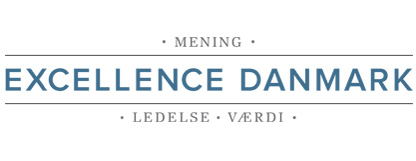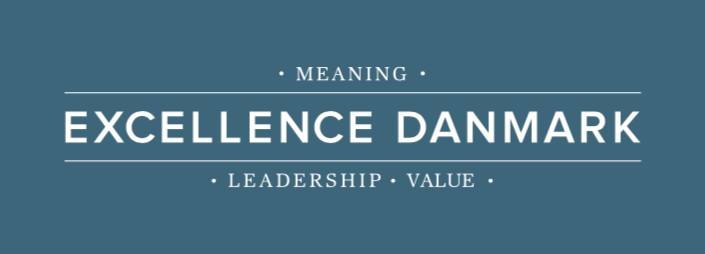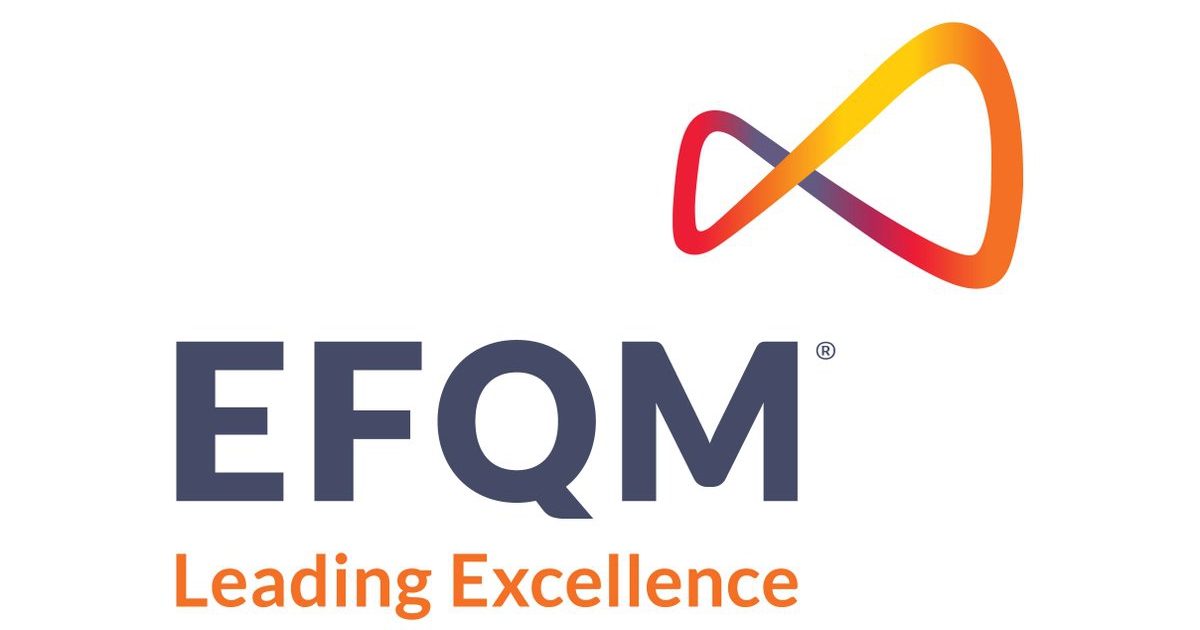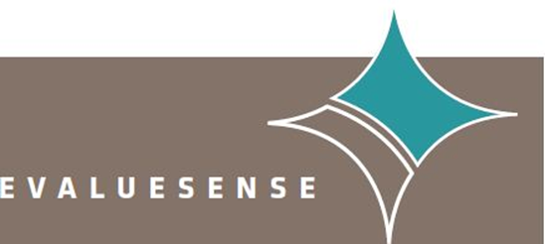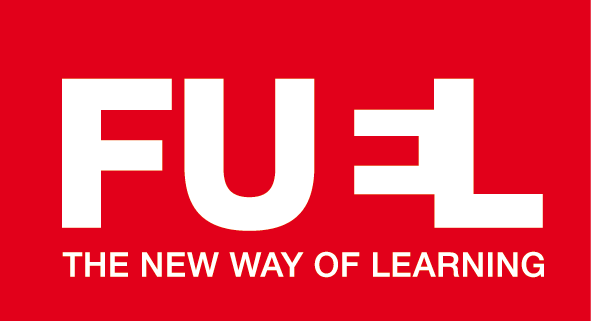PARTNERS
Work Experience
Since 1984, I have taught more than 2,000 leaders in Excellence and assessed more than 200 organizations in Denmark and Europe based on the standards of Excellence. The standards are based on three to five years of constant development of customer, employee, image, and economic results.
I have gained experience and knowhow from organizations which have continuous success by creating stable competitiveness through execution, added value, and efficiency development.
In my capacity of being an assessor, I have trained more than 2,000 leaders in Excellence and more than 200 in ‘Lean Management in Service Organisations’. I have facilitated executives who wished to apply Excellence as a method to gain rising and continuous business results as well as Danish organizations that gained positive results and thereby became role models in Denmark as well as in Europe.
A few examples of Excellent role models: PostNord, Grundfos, SKAT, Telecom Italia, Dorthe Mariehjemmet, EFQM, DTU etc.
Today I work as a facilitator for companies who have the ambition to be Excellent.
EFQM Partner
I have cooperated with EFQM (European Foundation for Quality Management) since 1996. In the period from 2000 to 2014, I participated in the EFQM Award Jury to nominee the best organizations in Europe measured by the criteria from the Excellence Model.
EFQM is an initiative created in 1988 by major European organizations such as for instance Philips and Siemens with the aim of developing competitiveness in Europe.
Evaluesense
For 10 years Evaluesense has worked as a consultant and professor within quality and business management as well as excellence. Evaluesense is IRCA-registered Lead Auditor (QMS & EMA) and assessor for EFQM.
FUEL Danmark
Excellence Danmark owns 50% of FUEL Danmark, a Danish consultancy, which offers efficient learning, new methods and behaviour to support strategic projects. The FUEL process is making the complex manageable and is based on more than 100 attention points and benchmark, which stage and guide the process of learning and thereby create value for both employees as well as organizations with a reference to the four-fold bottom line.
